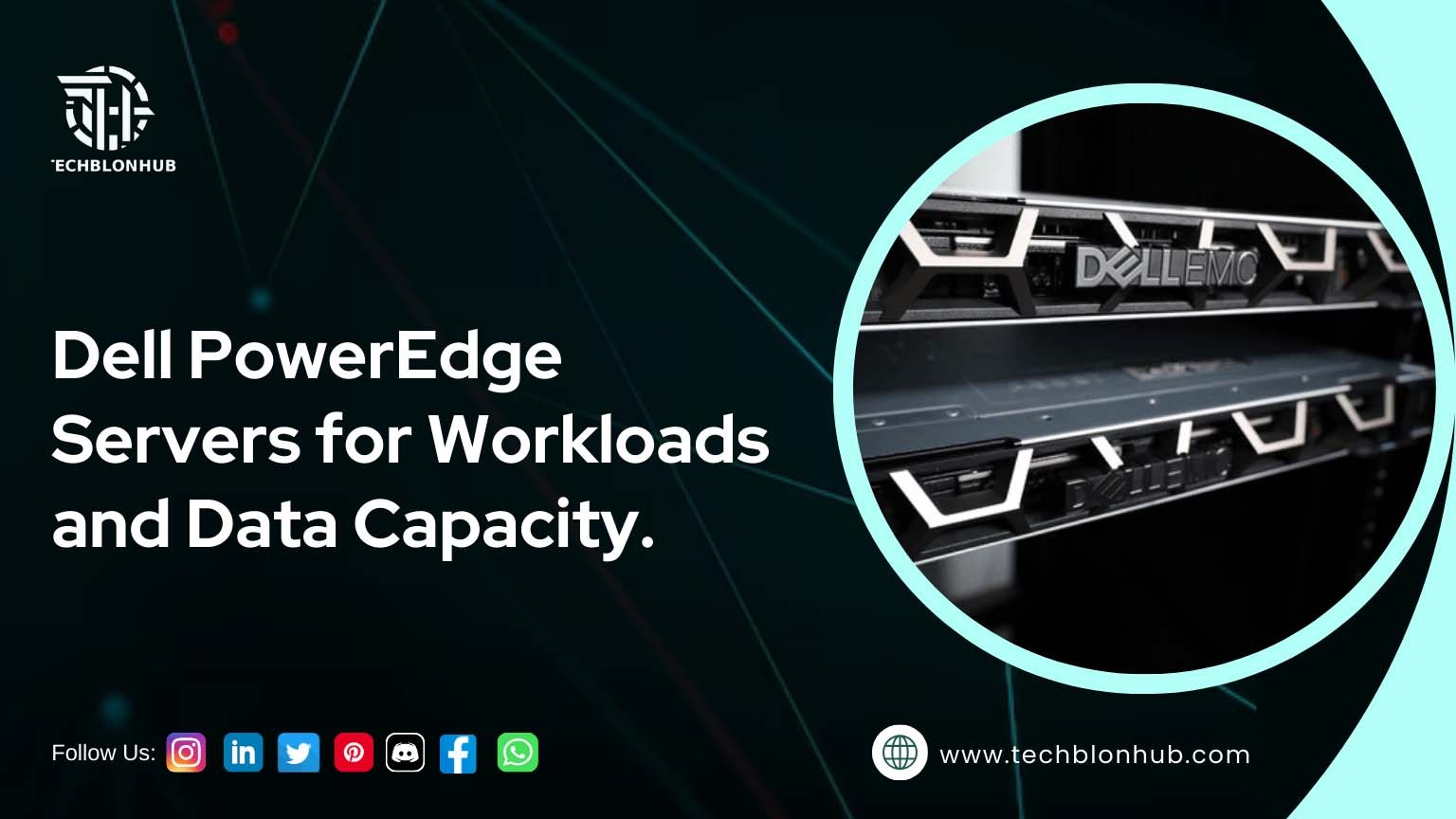Dell Power Edge Servers offer a powerful combination of intelligence, creativity, and flexibility for enterprise-level solutions. From data analytics and machine learning to AI, virtualization, big data, dense private clouds, and CRM or ERP solutions, the Dell Power Edge portfolio can be customized to fit any workload or data capacity. Selecting a server for one solution doesn’t fit all needs. Factors like server type, data capacity, and scalability are essential when choosing an enterprise-level server.
Dell has long been one of the most reliable vendors of servers. Its PowerEdge portfolio offers high-performing models tailored to diverse requirements and use cases. With a focus on performance, security, innovation, and scalability, Dell provides businesses with endless opportunities for managing workloads in modern environments.
When selecting a PowerEdge server for edge applications, consider factors like application needs, physical and environmental constraints, server infrastructure, and lifecycle management. Resiliency expectations are also critical when choosing the right server. It’s also wise to monitor Dell’s updates and enhancements, as these can make servers more powerful and reliable, enabling them to handle tougher workloads and enhance performance with cross-portfolio solutions.
When you buy Dell PowerEdge servers, when you buy a Dell Point product with cross-portfolio support, you benefit from an extended ecosystem tailored to your specific requirements. Every PowerEdge server includes Dell’s Open Manage portfolio, giving administrators full control across edge, core, and cloud environments. Open Manage also allows for automation of the entire server lifecycle, boosting efficiency, reliability, productivity, and cost-effectiveness.
Choosing the right Dell PowerEdge server for your specific use case can be challenging. This post will help guide your decision based on the types of servers Dell offers. There are three main types in the PowerEdge series: tower, rack, and blade servers. Let’s explore key models in each category to help you determine which server type best suits your business needs.
ReadAlso:-
Why You Should Buy Dell Networks?
Dell Tower Servers
Dell Tower Servers are compact, similar to desktop computers, making them ideal for small enterprise solutions. They offer flexibility in the choice of hard drives and processors, making it easy to adjust to your edge applications. You can expand by adding more hard drives and processors to accommodate growth. Popular models include the Dell PowerEdge T30 and Dell PowerEdge T330, which are perfect for entry-level business needs.
Dell Rack Servers
For a space-saving option, Dell Rack Servers are a great alternative to tower servers. You can mix and match various types of rack servers to support specific workloads and applications. Rack servers are suitable for big data applications, where collecting and storing large amounts of data is necessary. However, they require a skilled team for management due to their complexity. Top models include the Dell PowerEdge R640 and PowerEdge R740, both of which are ideal for virtualization and cloud-based applications.
Dell Blade Servers
Blade servers are among the most complex yet compact Dell servers available. With a thin design, they allow you to house multiple Blade servers in the same chassis. This setup offers flexible hardware management in your server room. Blade servers also consume less power compared to other models in the Dell PowerEdge series. If you need a solution that fits into a smaller space with reduced overhead costs, Dell Blade servers are an ideal choice. Additionally, you can scale them easily by adding more servers within a small space—making them great for large data centers. The Dell PowerEdge FX2 Chassis is one of the top Dell Blade Server models for enterprise-level solutions.
Dell is the only company offering a cross-portfolio solution that ensures hardware integrity, robust firmware, and boot protection, creating a secure server environment for enterprise needs. Each business application requires specific hardware resources, design, capability, and management. Understanding your workload requirements, infrastructure constraints, data capacity, and computing costs is essential to finding the best solution for your business. Dell’s PowerEdge server portfolio offers a variety of options to fit diverse needs.
If you’re ready to configure an enterprise-level server for virtualization and digital transformation, contact IT Network Technologies. As a trusted Dell Power Edge Server dealer in the UAE, we provide complete IT business solutions to our clients in the region.

